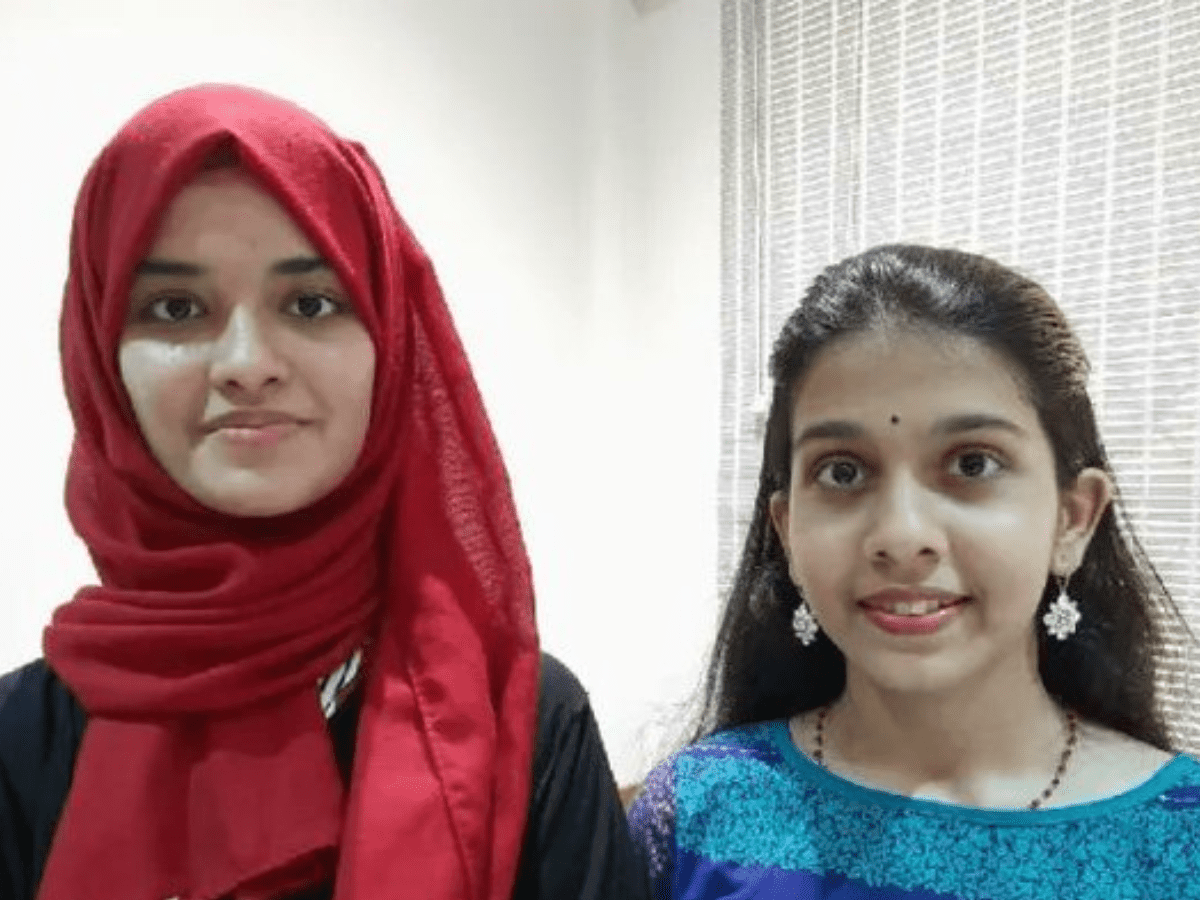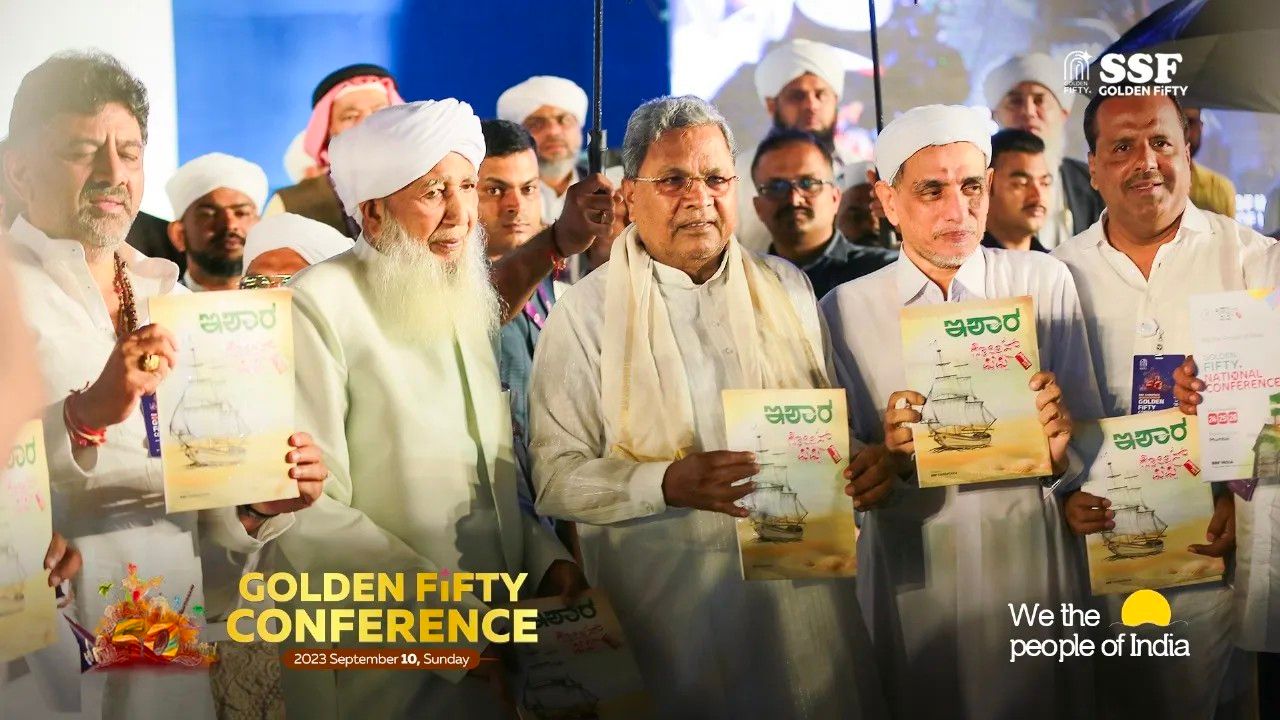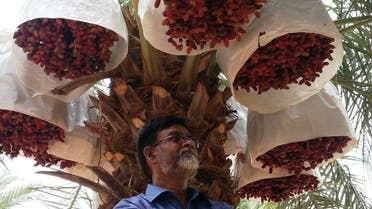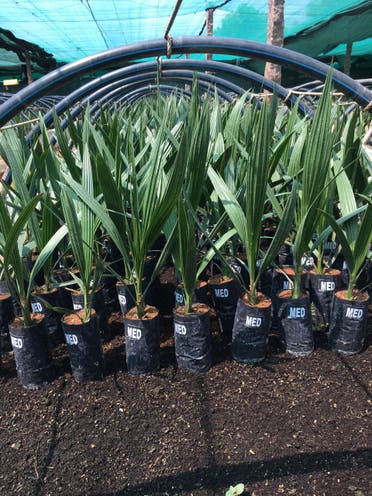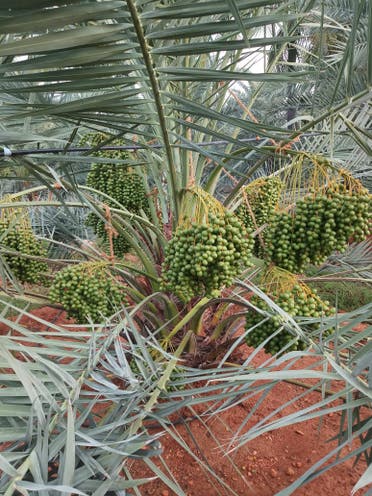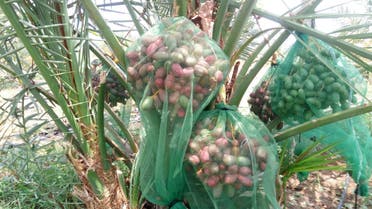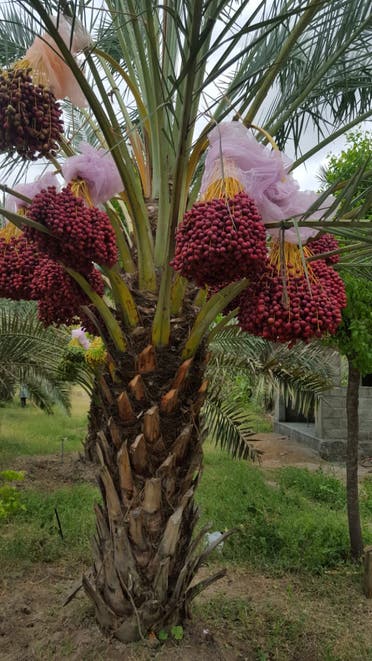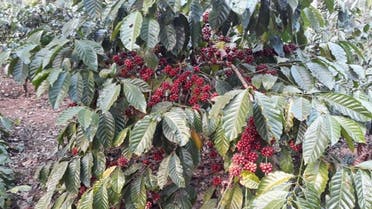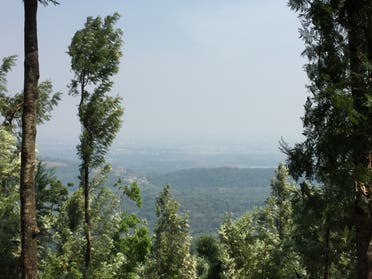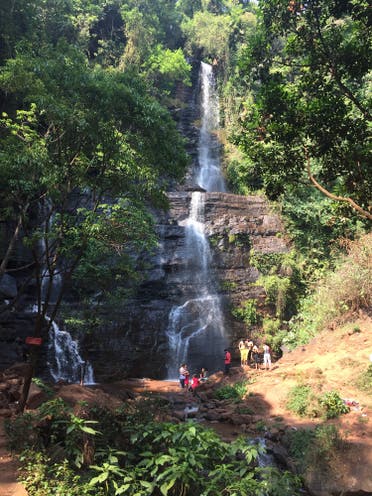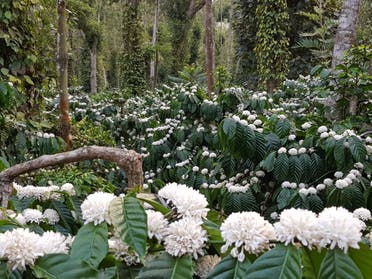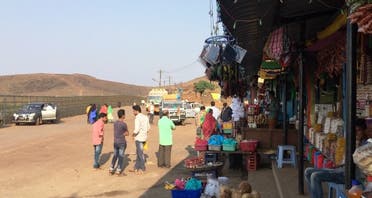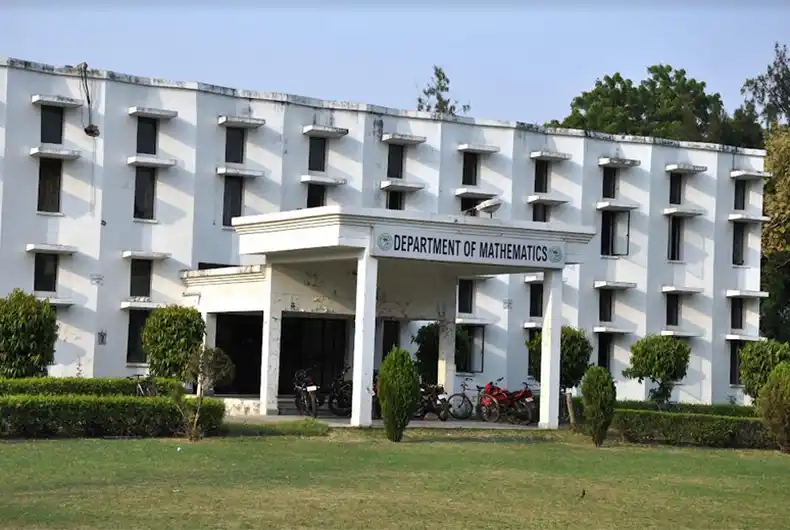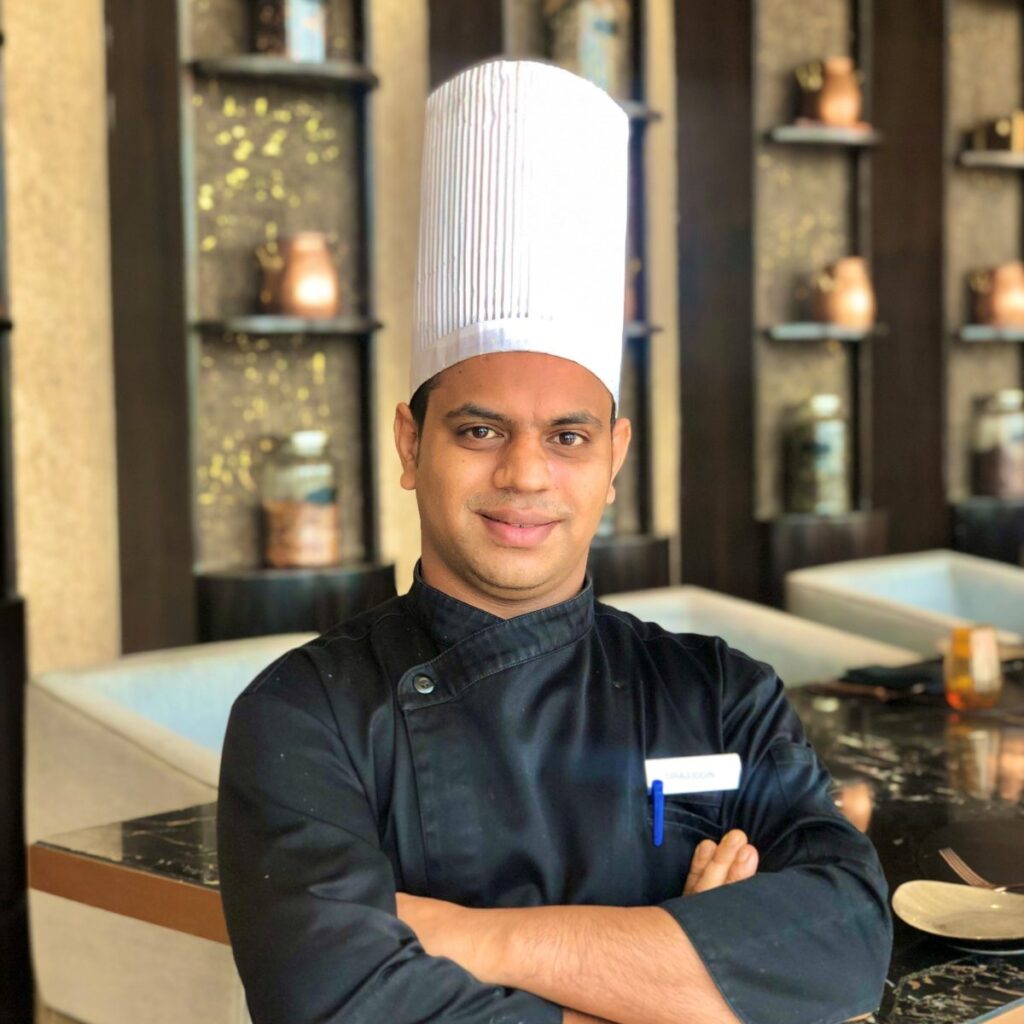KERALA:
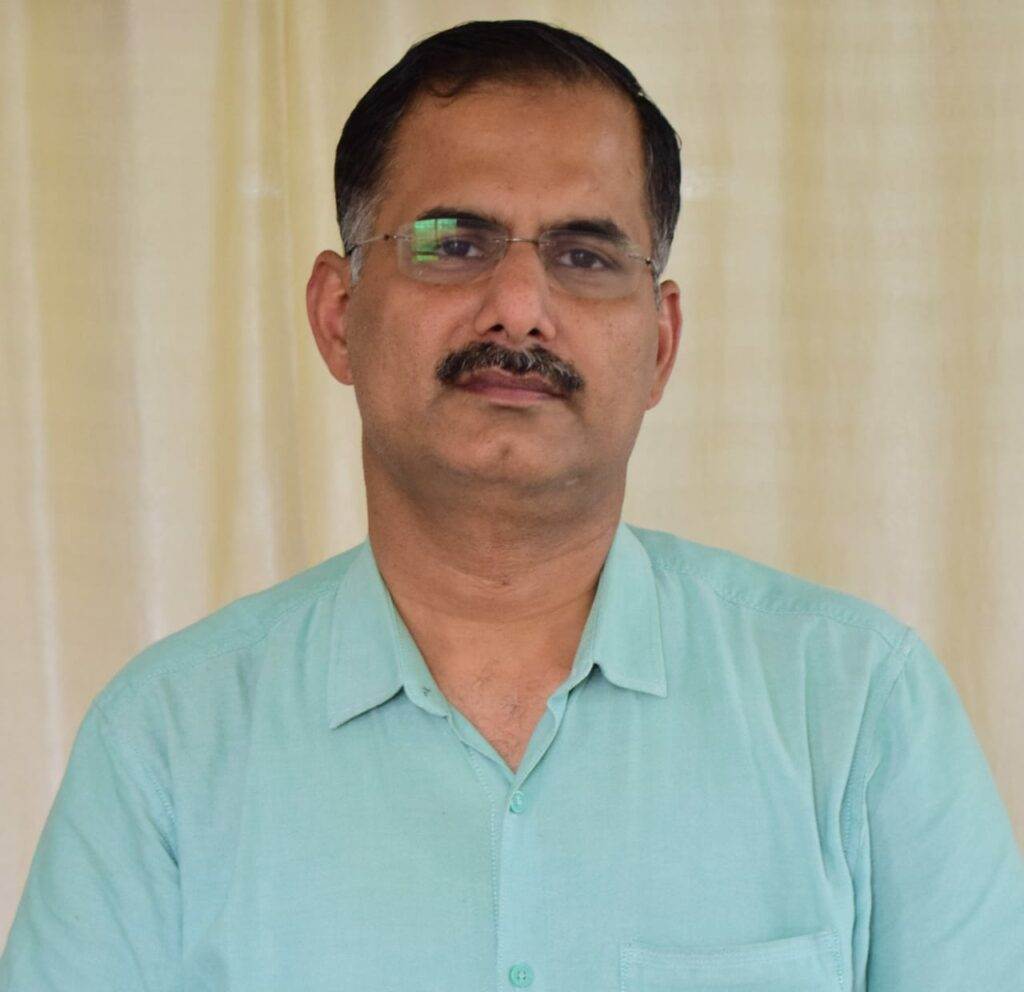
Dr. MOHAMED BEDEEUZZAMAN is CEO of Integrated Education Council India (IECI). He completed his Ph.D in Biomedical Signal Processing from Aligarh Muslim University after having his B.Tech and M.Tech degrees from Govt Engineering College, Thrissur and NIT, Calicut respectively.
Dr. Zaman served MES College of Engineering, Kuttippuram, Kerala in various capacities for 22 years.
He was Vice Principal of the College from 2013 to 2020. He has contributed many papers and attended conferences and workshops at Rome (Italy), Prague (Czech Republic), Loughborough (UK) and Sharjah (UAE).
Dr Zaman is a good orator and prolific writer. He is an expert in outcome-based education, school grading and accreditation. He has conducted many workshops on NEP 2020 and its NCFs.
In an interview with MOHD NAUSHAD KHAN, he said, IECI gives academic support and guidance to about 100 schools, 600 plus primary/secondary madrasas, and 2 dozen colleges.
Excerpts:
What inspired you to work for education?Please tell us about your educational journey and what have you achieved so far?
In the early 90s, during inception of the college, the political atmosphere of Kerala was very much hostile to running of a private college due to its leftist leanings. Running a private college was considered almost synonymous with some anti-social activity. Being part of a team that attempts to establish something anew gave us many insights. It gave us a conviction that strong will and committed team with visionary leadership will make any dream true. The mentoring that we got from elders during the initial phases of the college was unparalleled.
Later, as Professor in the Applied Electronics and Instrumentation Department and Vice Principal of the college, I could shoulder many academic and administrative responsibilities.
By the grace of God Almighty, as NBA coordinatorI could be instrumental in getting NBA accreditation for four undergraduate programmes. This gave me an opportunity to closely learn the importance of outcome-based education. It made us ponder over the positive changes that may happen if the outcome-based approach was brought to different facets of education. Also, I strongly felt that rather than tertiary education, the outcome-based experiments will be more fruitful at the formative levels of education where the stakeholder involvement is much higher.
Fortunately, amid nurturing the dreams of doing something in a larger framework, I have got an invitation from Integrated Education Council India (IECI) to join them. IECI is a public spirited non-profit educational entity. It coordinates the activities of multitudes of educational institutions, from preschools to colleges across Kerala and Gulf region. It is engaged in preparing schemes and plans to promote quality in all facets of education.
What is the objective of your educational vision?
IECI has a rightly crafted vision statement: To make the world a better place by creating generations that uphold the dignity of humankind. We understand that the root cause of all problems that has afflicted the world today is our miserable failure to honourthe dignity of humankind. The solution to this anathema is to train younger ones to imbibe the values of human dignity, justice, and equality during their formative years.
What is the model of your educational system?
In tune with the noble vision statement, we have developed certain mission statements that act as the basis of multitudes of activities carried out by IECI. They include: To equip people to actively participate in knowledge society by imbibing quality in various facets of education, Lead students to climb the social ladder by fixing suitable benchmarks and thereby making them vehicles of social change, Nurture the future generation as responsible citizens by providing them with a worldview built upon strong moral foundations, Design and implement various curricular and no-curricular programmes that will infuse self-esteem and awareness about the cultural moorings among the stakeholders.
Our attempt is to focus our activities on those who can be linked and mapped to the given vision and mission statements.
IECI gives academic support and guidance to about 100 schools, 600 plus primary/secondary madrasas, and two dozen colleges. Our institutions stand out in that admissions and appointments are made purely on merit without any discrimination based on caste, creed, or religion. Among other things, the IECI strives for educational uplift of the backward and marginalised sections of society by awarding scholarships to meritorious but economically weaker students and for strengthening the associated schools, quality-wise.
Concerns and apprehensions about preserving cultural sensibilities act as a major barrier to the education of children belonging to minority communities. We are helping people to overcome this fear by providing quality education with due consideration to the culture and tradition of stakeholders. Everybody wants to inculcate values and morals in future generations. Many of the times, this is achieved through earmarking separate periods for value education in the weekly timetable. Though we are also doing the same, our striving is to provide a value-laden ecosystem at our institutions in a level-appropriate manner. We train our institutions to adhere to the proclaimed core values and mentor them to stand witness to these values in the process and premises.
How is your chain of schools different from other existing chains of schools?
Our school activities are organised under the banner of Vidya Council for Education (VCE). It is an agency that stands for an education that aims for good academic standards. It strives for a process by which good citizens who honour the dignity of all fellow beings will be nurtured.
India is a very large country where the educational aspirations of citizens cannot be fulfilled by the government alone. Philanthropic interventions from not-for-profit entities are very much needed to reach our stated targets of access and equity in education. Schools associated with VCE fulfil the educational aspirations of many pupils belonging to rural areas where good education is not readily available. Also, many of our students are coming from socially deprived sections. In that sense VCE is contributing to strivings of our governments to create an equitable knowledge society.
We support the associated schools to improve their governance and process. In addition to the support to improve academic quality, we plan and implement various competitions and talent search examinations. We conduct training programmes for different stakeholder segments, considering their scope in the educational process.
If you ask for two features that make our school system unique, we will immediately tell you that one is its anchoring on values and the other respect for diversity. We are engaged in the process of equipping students to live in the knowledge economy by preserving cultural sensitivities. The twin task is done within the curricular framework created by governments and statutory bodies. We believe that the beauty of India lies in its diversity and it can make use of its demographic dividend if this diversity is preserved and taken care of. We find no difficulty in making respect to diversity a core value and at the same time preserving the cultural moorings of the Muslim community to which the major share of our students belongs. We have been conducting various programmes in our schools to give exposure to students regarding the social mosaic on which they will have to lead life as responsible citizens.
As stated in NEP 2020, teaching students the importance of “doing what’s right” at a young age and giving a logical framework for making ethical decisions is an important aim of school education. Through its multifaceted activities, IECI is working towards achieving this end.
Pre-primary schools have become a market these days.How are you different from those who have only commercial interest?
As stated earlier, not only the preschool, but the entire enterprise of IECI is envisaged as a not-for-profit entity.
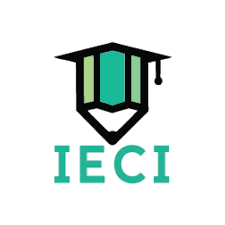
Ensuring inclusive and equitable quality education and promoting lifelong learning opportunities for all by2030 is an important component of Sustainable Development Goals (SDGs) of UN. This noble goal can be met only if quality education is provided since the very beginning. That is why much emphasis is being given to enhancing the quality of Early Childhood Care and Education (ECCE) nowadays. Building the foundation for literacy and numeracy skills is a major learning outcome that is expected out of preschool education.
Even at their tender age, children are repository of boundless potentials. On many occasions they pose difficult questions that emanate from their inquisitive minds. Rather than addressing these innate queries properly, elders used to silence them. Our classrooms are also not an exemption. Instead, a conducive environment should be provided for the children where they feel the school as an extension of their homely settings. To reach this end, education must be more experiential, inquiry-driven, learner-centred and flexible.
Education is not mere imparting of literacy and numeracy skills. It should be a process that must help students to build character and enable learners to be ethical, compassionate, and value-driven.
IECI has developed two streams of pre-school curricula for foundational stage of schooling: One is Fly High and the other Heavens. Both were prepared to make the child school ready with 3-year pre-schooling. The latter gives emphasis on teaching recitation of the Qur’ān also along with other subjects.
What are the challenges before pre-primary education in India?
Following are some of the challenges before the pre-primary education:
Access and Enrolment: Due to the absence of sufficient schools or preschool facilities, many children, especially those in rural and economically backward areas, lack access to quality pre-primary education.
Equity and Inclusivity: Ensuring equitable access to all children remains a major challenge. Children from marginalised sections, including those from lower castes, educationally backward minorities, tribal backgrounds, and economically disadvantaged families, often face barriers to pre-primary education.
Medium of Instruction: It is a fact that those who are getting quality English medium pre-schooling have an edge over those who are getting substandard pre-schooling in vernacular languages in their later careers. At the same time, English medium pre-schooling is a luxury beyond the scope of many ordinary Indians.
Parental Awareness and Involvement: Lack of awareness about the importance of early childhood education among parents can lead to low enrolment rates. Additionally, some parents might not have the resources or time to actively engage in their child’s learning process.
Lack of Proper Funding: Adequate investment in early childhood education is essential to improve infrastructure, teacher training, and overall quality. While limited financial resources allocated to pre-primary education can hinder its growth and development.
source: http://www.radianceweekly.net / Radiance Views Weekly / Home> Education / by Mohd Naushad Khan / August 22nd, 2023

